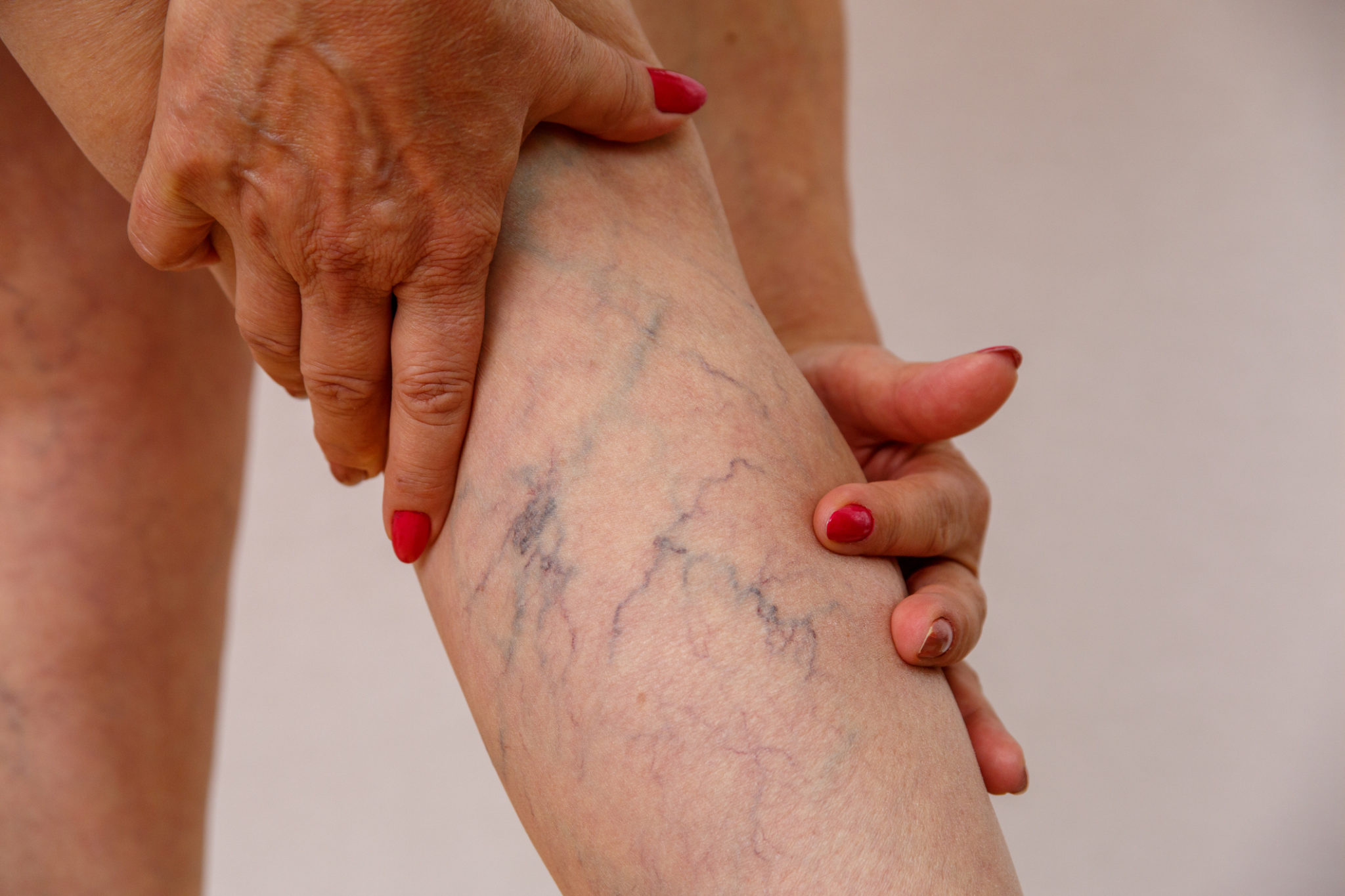
Varicose veins are stretched, twisted veins that appear close beneath your skin’s surface. They are common in the legs, but varicose veins can appear anywhere in the body, including your abdomen. Many people with varicose veins seek treatment for aesthetic concerns rather than bothersome symptoms. Although varicose veins are not considered a serious medical condition, they can be uncomfortable and result in complications such as blood clots. Additionally, they are usually very noticeable and unsightly, causing many people to feel uncomfortable and embarrassed. The good news is that Scottsdale Vascular Clinic offers effective treatments for varicose veins.
Symptoms for varicose veins
The most common symptoms of varicose veins include skin discoloration, swelling, and sensations in the legs like aching, burning, and a heavy feeling. However, people experience symptoms differently; some may not have any symptoms besides the appearance of enlarged veins. When left unresolved, severe varicose veins can result in chronic mild swelling that can cause serious skin and tissue problems, including non-healing sores and ulcers. Sometimes varicose veins symptoms resemble those of other conditions, so getting a diagnosis from your healthcare provider is essential.
What causes varicose veins?
Increased blood pressure in the veins causes varicose veins and can eventually weaken vein walls and damage valves. Usually, blood flows towards the heart by one-way valves in the veins. But blood can collect in the veins, causing the veins to stretch and enlarge. For example, sitting or standing for long periods can cause blood to pool in the leg veins, causing pressure buildup within the veins. As a result, the veins can stretch, causing their walls to weaken and valves to get damaged.
Risk factors for varicose veins
People in certain families are prone to varicose veins since they inherit the problems. The following are other factors that increase pressure in veins, putting you at risk of varicose veins.
- Pregnancy
- Obesity or being overweight
- Old age
- Being female
- Having a sedentary lifestyle
- Leg injury
- Taking hormone replacement or oral contraceptive pills
Varicose veins treatment
There are various treatments for varicose veins ranging from self-care measures to surgery. The specific remedy your doctor will recommend depends on multiple factors, including your age, severity of the problem, signs, and symptoms, and your opinion or preference. If you have no symptoms, medical treatment may not be necessary; your healthcare provider may recommend simple lifestyle adjustments like exercise, weight loss, and leg elevation. Below are medical treatments for varicose veins.
- Compression stockings. These are elastic stockings designed to squeeze the keg veins, preventing blood from pooling steadily. Compression stockings can be effective when worn every day and as advised by a healthcare professional.
- Sclerotherapy. This is a common treatment for varicose veins; it involves injecting a chemical solution into the affected veins. The liquid irritates the veins, causing them to close and redirecting blood to healthier veins.
- Thermal ablation. For this treatment, your doctor may use lasers or radiofrequency energy to destroy the walls of varicose veins. It is a minimally invasive procedure whereby the doctor inserts a tiny fiber into a varicose vein through a catheter to deliver laser or radiofrequency energy to the damaged veins.
- Vein stripping; is a surgical procedure to remove varicose veins.
If you have varicose veins, visit your healthcare provider at Scottsdale Vascular Clinic for treatment to alleviate the bothersome symptoms.